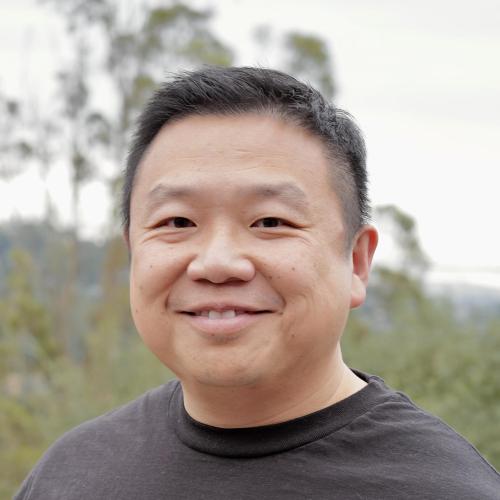The future of AI demands a revolution in infrastructure. As frontier AI models strain the limits of traditional silicon scaling and copper connectivity, a fundamental shift is needed. AI data centers already consume as much power as the largest cities on Earth and continue to grow at an exponential rate. As the industry turns to optics for connecting the next generation of XPU superclusters, we will need more than 100x the bandwidth and double the power efficiency of existing, shoreline-bound optical technologies.
This keynote will present the vision for 3D photonics, a technology that is transforming not only how XPUs and switches are interconnected but also the design of the underlying silicon and packaging. We will reveal how Passage, the world's first 3D co-packaged optics solution, enables a new edgeless I/O design paradigm. This paradigm delivers massive scale-up bandwidth, linking tens of thousands of XPUs with unprecedented energy efficiency. We will also detail the fundamental performance and operational breakthroughs, as well as the broad ecosystem partnerships that are enabling volume production and deployment in hyperscale data centers. Join us to learn how this technology is driving a new era of AI supercomputing.

Nick Harris
Nick Harris is the founder and CEO of Lightmatter, a pioneering photonic-computing company that is redefining AI infrastructure. An MIT-trained engineer and scientist, he won the MIT Technology Review’s TR35 award and holds numerous patents on revolutionary photonic technologies. His prolific research—published in top-tier journals such as Nature—has seeded new fields in photonic AI interconnects, processor design, and quantum computing. Under his leadership, Lightmatter has rapidly become the industry benchmark for ultra-fast photonics for connecting AI supercomputers.






